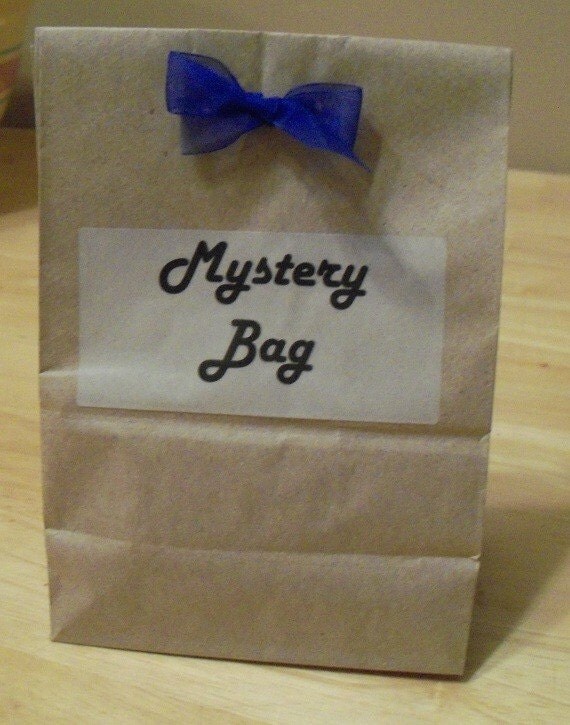Being a part of a jigsaw group helped me realize how positive of a tool it can be in a classroom. By setting up groups in such a way, students learn both individual accountability, but also how to work with a partner and in a larger group. It also ensures that no one single person becomes accountable for all the work. Furthermore, I've noticed in our social studies methods class that these groups serve as a median point for presenting. We first presented to the class about ourselves, a topic we already knew very well and were comfortable with, and then presented to our smaller jigsaw groups on a topic we were not previously familiar with. This sort of build up of presentations can help ease the nerves of students who are not comfortable speaking in front of the class by slowly challenging them and increasing their confidence. Presenting should be something students become comfortable with as they will likely be faced with the task of presenting many times in their academic career, as well as professionally later on in life.
Wednesday, September 21, 2016
Creating Mystery
Tuesday, September 20, 2016
Teaching to Question
The idea of being scientifically literate as a citizen made me think about the issue of global warming. While global warming is an accepted fact by many people, it is important that students and citizens learn not to take everything they hear as fact. By encouraging students to think, question, and research or experiment as scientists do, they can carry that into their lives outside of the classroom. This means that they will learn to question information presented to them as either fact or fiction, do their research, and make their own informed decision on the topic.
The word cloud I included at the top of this post included many of the words that I thought should be associated with science, in and out of the classroom. "Informed" and "knowledge" are two of the words that seemed to associate themselves with the idea of a scientifically literate citizen as was described earlier. As citizens, students should keep themselves informed and be knowledgeable about the world and whats going on around them.
Subscribe to:
Comments (Atom)

